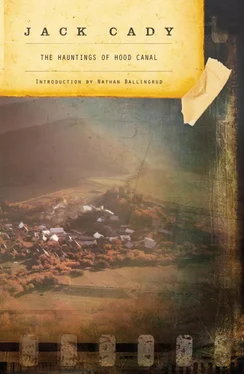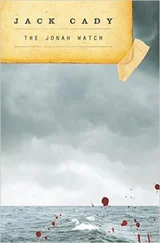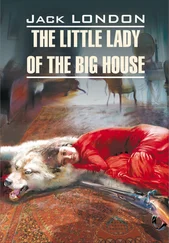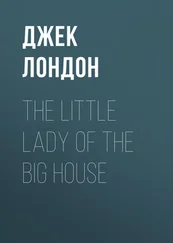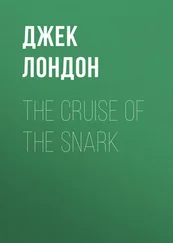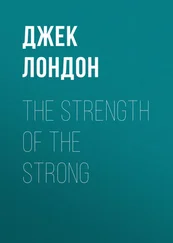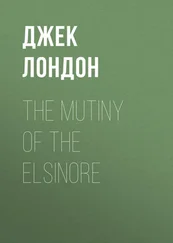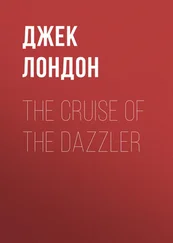Shame took its quiet shape, spoken in gestures, whispers, avoidance. In the American ethic, every man had always known that a good man could work and support his family. When that knowledge became a lie the men did not blame economics or government. They blamed themselves. Later, when the shame was too wearing, they sought scapegoats and masked the shame with hatred.
For the first years, fear was everywhere. Government made futile cries alternating between optimism and disgrace. Since no politician can admit error, the political persons acted then as political persons would act thirty-five years later on the withdrawal from Viet Nam… which is to say they all agreed that everyone had behaved splendidly, except, perhaps, the American people. The voters may have privately agreed, but they elected Franklin Roosevelt, as they would later elect Jimmy Carter. This is characteristic of American history. Whenever the nation has been armpit-deep in muck it has opted for change.
First of all, let me assert my firm belief that the only thing we have to fear is fear itself—nameless, unreasoning, unjustified terror which paralyzes needed efforts to convert retreat into advance…. Only a foolish optimist can deny the dark realities of the moment.
—F.D.R. Inaugural address, 1933
Roosevelt was, or was not, a great man. It depends on one’s political hates. Our hero does not love him. Roosevelt was greatly championed or greatly despised by those who remember his governments. Only the most bigoted, however, would deny that into the guilt, shame, hatred and fear, Roosevelt injected optimism and hope. He moved across history like he was on roller skates. Only the deliberately stupid could fail to see that he saved an industrial and economic system which would then curse him forever. It is a mixed bag. It seems most likely that the hope caused both guilt and shame to turn to hatred.
Our hero got a jolt of hate that was as scorching as a steel pour. Tin horn messiahs had been circling the action for years. By 1937 a hate campaign rose through the nation targeting the Jews, and, in lesser fashion, the Catholics and Negroes. The latter term is appropriate for the period. The agitators, of course, said nigger like always.
I recall one of those vocal tramps. In our high school auditorium in 1939 came forth a man of tales. Some were perverse even in the light of this PG-rated day. There were only two Jews in that town so the rap was about Catholics.
Most of it was conventional. When a Catholic boy was born another rifle was buried beneath the church. Some were grotesque, nuns having abortions using a Satanic technique of bathing in tubs of used menstrual cloths. Priests smearing sperm around confessional to help stimulate this peculiar race.
In the remembered instance the speaker was waylaid by a group of townspeople after the festivities. He received two broken arms. That rarely happened. Too often the people believed. Too often the rap was about the international cartel of Jews. Hitler’s support would not be only in Germany.
What is more, the people understood a new fear. In 1938 every man, woman and child knew there as going to be a war. The dogs and the cats knew it. The birds in the trees knew it. The only ones who did not know it were the politicians.
Our hero is eighteen. He is in a hell of a fix. The majority believed that we would soon be at war with Germany. A vocal and determined minority supported Hitler. In September, 1939, Hitler moved on Poland. In the barber shops, in beauty shops and at the soda fountain you could hear that it was a good thing. Roosevelt, the former N.R.A., and the Puritan ethic in combination would not produce wealth as quickly as would the God of the Germans leading His people to war. Stay out of the war but make it pay. Nearly everyone forgot the Japanese.
Now he is nineteen. He looks back on ten long years of hate, shame, guilt and fear. He understands without knowing exactly how, that the nation has been decimated by more than poverty. It has had a lesson in survival. As in all such lessons, many did not survive.
The point one remembers when some security-minded economist hitches up the pants of his two hundred-dollar suit and speaks of Malthus is this: starvation kills, but the dead feel no pain. The pain happens when you are alive. What was killed during the romantically remembered great depression in the U.S.A. circa 1929-39 was faith. Faith in institutions. Faith in every kind and variety of religion. Faith in government. Finally, faith in a man’s very self. Our hero’s generation was, and is, characterized by a fear of failure so profound that for many there will never be enough visible symbols of success, tangible goods, or grocery stores stocked with food to remove that fear this side of the grave.
Then war. The entire world opted for the death penalty.
There was a time, a personal time for Lockhart, which he knew as the time of the Burnt Man.
—Nicholas Monsarrat,
The Cruel Sea
To those who remember only the seedy and expensive conflicts of Korea and Viet Nam the Second World War is almost unimaginable. The world was saturated in blood. From Murmansk to South Africa, across the continent of Europe, through the middle east and the far east, at both poles, through the snarling waters of seven seas; through Russia and Alaska and Greenland and Australia the blood flowed like a curse to saturate the world. Combatants and non-combatants alike. Jews, Gypsies, workers on rubber plantations, the natives of islands… these were the incidental flow. So were the workers in factories. Jury-rigged machinery, death traps to keep the Victory E flying… a flag, naturally. It had its counterpart in every nation. The entire personnel loss of the U.S. in Nam was equal to the total loss for both sides of one battle for one island. Guadalcanal.
A hundred million deaths is a most conservative guess for the period 1941 through 1945. Our hero does not talk about it much. He talks about mules sometimes, but not where the mules went and the hulks they passed.
It is fair to say that scarcely a family was not struck by that war. If it was not an immediate member who was killed or wounded it was a man or woman from down the street. Community had not entirely vanished. During the depression it had even been rebuilt. Anyone who had a farm to go to had gone. At least on a farm you could eat.
The curse of hope had not vanished either. Often the telegram read, “Lost, somewhere in the Pacific.” People went to the globe or map, stared at the immensity of blue, knew hope not as a feathered thing but as enormous grief.
In the first day or two after the finish we still saw an occasional blanket-covered body lying at the roadside. Frequently we saw one or two German graves, where victims of vehicle strafing were buried. As we drove along our noses told us now and then of one that the burial parties had missed. (German retreat in northern Tunisia.)
—Ernie Pyle,
Here is Your War
Then victory. Only the politicians and fools believed that. The people shouted not because the war was won, but because it was over and the majority was still alive. There were few pangs of conscience about Nagasaki and Hiroshima. Conscience in that matter would be for later years. There was three days of shouting, then troubled murmurs in the streets. There was the spectre of Russia. There was the equal spectre of another depression that would destroy the prosperity brought by war. This was an experienced people.
Our hero returns. He has been starved and degraded for ten years, and he has feared his death for the next five. Behind him is a wrecked faith. He says to himself, and he says to others, that he has taken just all of the shit that he will ever again take in this life. The revolution has arrived. It is not economic, only. It is social. There is no hint of the boy scout. Later there will be, when dogma replaces faith.
Читать дальше
